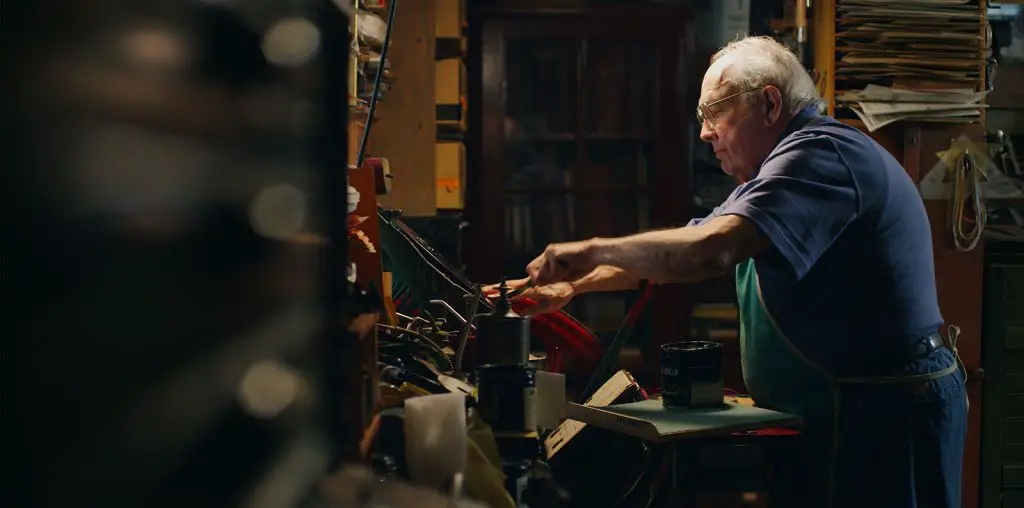
“Hex Suffice Cache Ten” by Thorsten Fleisch appears at first glance to be a familiar staple of experimental film: a style exercise which collects visual and musical tropes from a well-worn B-movie genre, in this case Sci-Fi. Fleisch removes the dialogue and the actual plot from the film, and leaves us with the shell of the Sci-Fi style in exaggerated, sped-up format. The pastiche is extremely well executed, and the machines, gadgets and performance mannerisms of Sci-Fi films from the 30s to the early computer era of the 80s are expertly re-created, despite the obvious budget constraints of the filmmaker. The film combines countless permutations of every film you’ve ever seen which exploits our nightmares of biology mixing with computers and medical technology, including, amusingly, a shot of a scientist feeding a computer chip to a hungry slug which emerges from a houseplant.
This kind of style exercise, where you get the outward look and feel of a familiar genre, but with only the bare suggestion of a plot or characters, is generally only enjoyable if one is the kind of film fetishist who revels in the tawdry details of B-movies for their own sake. I’ve never been such a viewer, and I firmly believe that a good movie should have something to say about the world outside of movies. Fortunately, Fleisch moves his film into much deeper territory as it progresses.
By the time we are halfway through the film, we see a couple of bravura sequences in which one scientist is attacked by the wires under a video game console (resembling a typical ‘killer plant’) and another one is destroyed by a mass of icky, gooey bio-white-stuff. These sequences deeply embody the essence of the biological terror which we can subconsciously harbor about our bodies and life in the biosphere of earth. Fleisch, as usual in his films, lives up to his own name, as his character is ultimately consumed by man-eating flesh. “Hex Suffice Cache Ten” takes what could have been merely a clever exercise in film style, and elevates it into a funny/horrifying poem of biological terror.
